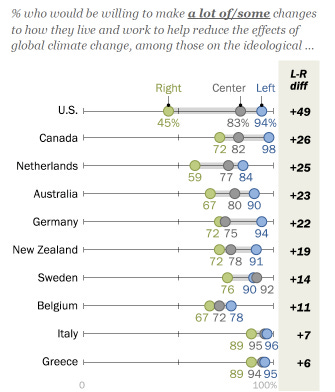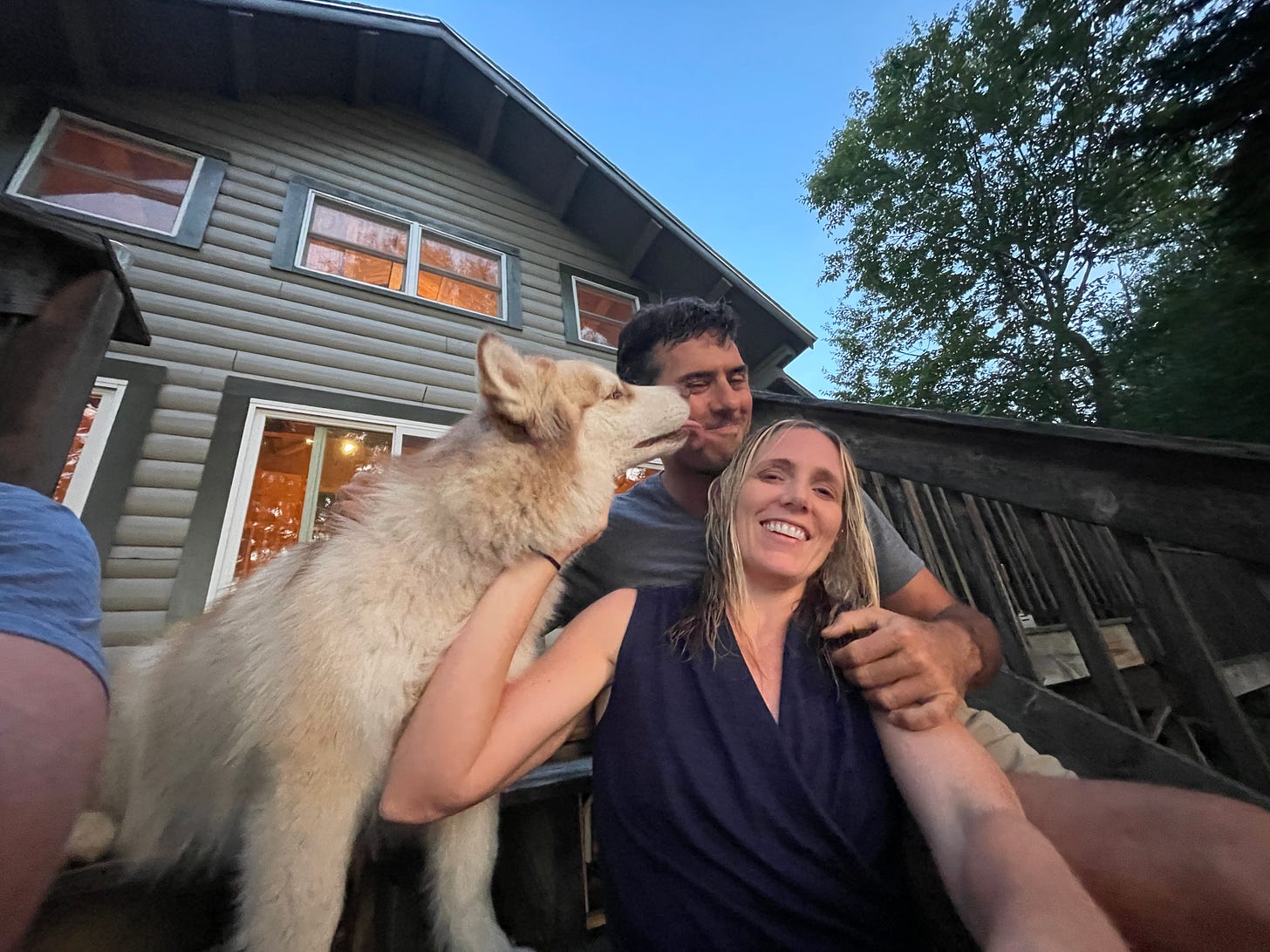Simple climate action // I S S U E # 55 // W H A T ’ S N E X T
Most days, several hundred climate stories pass my desk. I’m the climate editor at Quartz, and I read as many as I can. Daily news, scientific reports, ProPublica investigations, and press releases. Most of this coverage falls into two categories: a variation of “we’re screwed” or “technology will save us.”
Most readers, I think are left with an urgent, undefined sense of needing to do something. But what? That’s what Hothouse answers. We report on climate solutions and practical things you can do in your own life.
Skepticism is warranted. Individuals taking responsibility for carbon emissions is a strategy some corporations have used to foist off accountability, a cynical gesture disguised as concern. But climate answers are not really neatly divided into personal, government, and corporate. Each one complements the other. Debating about personal versus collective action can miss the point.
Take the best predictor for someone installing solar panels. It’s not subsidies or geography or policy. It’s whether or not a neighbor has solar panels, according to the journal Nature. There’s even a proximity effect. People living within about 200 meters of a home with solar panels are the most likely to buy their own. 🌇
Solar panels, in other words, are contagious.
We started Hothouse to tap into this aspect of human nature. Hothouse gives you the solutions that can adopt in your own life, and share with your family, your neighborhood, and your community. It’s not the only answer, but ultimately it helps shift the culture.
Would solar be the fastest-growing source of electricity without billions of dollars, in research, development, and commercialization? No way. But it won’t be fully deployed either people push (and pay) for solar power to deliver electrons. The right approach is yes/and. Ultimately, individuals help create the conditions for systematic change—the kind that can lead to an energy system like this in the next 30 years.
Take it personally
Two surveys dropped in the last month that perfectly illustrate the potential of this moment. For years, one could hold climate change at arm’s length as real-world impacts were easily muddled by fossil fuel industry propaganda. That’s no longer possible. Years of storms, fires, floods, droughts, and suffocating heat has left an indelible impression on billions of people: at least 85% of the world’s population has been affected by climate change.
Climate change is now, unmistakably, personal. The numbers reflect this.
For the first time, a majority (55%) of Americans say they are being harmed “right now” by global warming, a huge jump from just a year ago, while only 20% of the country remains doubtful or disengaged, reports Yale’s Program on Climate Change Communication.
Abroad, the numbers are even more striking. A remarkable 80% of those surveyed said they are willing to change their lives to address climate change. In every country except the US, there is little ideological divide exists on the issue.
To the adventure ahead 🌞
So, this month we ask: Where do we go from here?
Exciting things are happening at Hothouse. Several new readers are joining Hothouse every day. We landed our first syndication deal: Popular Science will publish Maria Finn’s piece “Seawater is the new soil” next week! Columbia University is helping Hothouse build out our climate solutions coverage, and explore ways to integrate the university’s research. And we are currently in the middle of Google News Initiative's Startup Boot Camp.
But we’re still a very small shop. Every week just two of us— Cadence Bambenek and I (with great advice from Jemima Kiss)—produce what rightly could be called a magazine on top of day jobs, along with crack team of freelancers. What does it take to put out four deeply-reported features each month? We find writers, pay for stories, edit drafts, source art, copy-edit the final version, and then fundraising and operations to keep the wheels on the bus. We invest every dime into telling the best stories we can.
If there’s a sustainable path forward, it’s because of more than 1,000 founding readers like you who receive this newsletter. Last month, we started sending out some surveys (if you haven’t taken it, it just takes 60 seconds), to find out more about you—the people interested in making climate action part of your life.
Your answers amazed us.
You come from all walks of life and every generation. Our youngest readers are under 10. Our eldest is 78. We count among our subscribers a member of the Australian parliament, book authors, technologists, park stewards, retired naval officers, biologists, journalists, and family doctors. You truly love the outdoors: hiking, photography, children, and more. You live in global capitals from New York to London, as well as small towns in countries including Mexico, UK, Colombia, New Zealand, and the US. You’ve experienced the ravages of climate first-hand, from evacuating wildfires to pollution-triggered asthma, and you’re dead set on doing something about it.
Thanks for putting your faith in us! Every time you share a Hothouse story, or take an action in your own life, you get us closer to the critical mass of community we need to help more people engaged in climate action who don’t know about us yet.
So, this month’s theme is the future. On Oct 21, we’ll give you the survey results and all the best ideas from readers, colleagues, and contributors (it takes 60 seconds if you’d like to say hi). On Oct. 28, we’ll share our editorial calendar and plans for Hothouse in the year ahead. And then we’ll be back to our regularly scheduled solutions on Nov 1.
The next theme is 🔥 Extreme Heat 🥵.
But next week will be a break: I’m getting married! My fiancée Ashley and I will be at Walden Ranch in Lodi, California, with the people we love most, as well as packs of llamas, geese, and cattle. A husky named Miska is the ring bearer (if she doesn’t make a break for it first). See you in two weeks.
Love,
Mike
mj@hothouse.solutions
Hothouse is a weekly climate action newsletter written and edited by Mike Coren, and Cadence Bambenek. We rely on readers to support us, and everything we publish is free to read.










